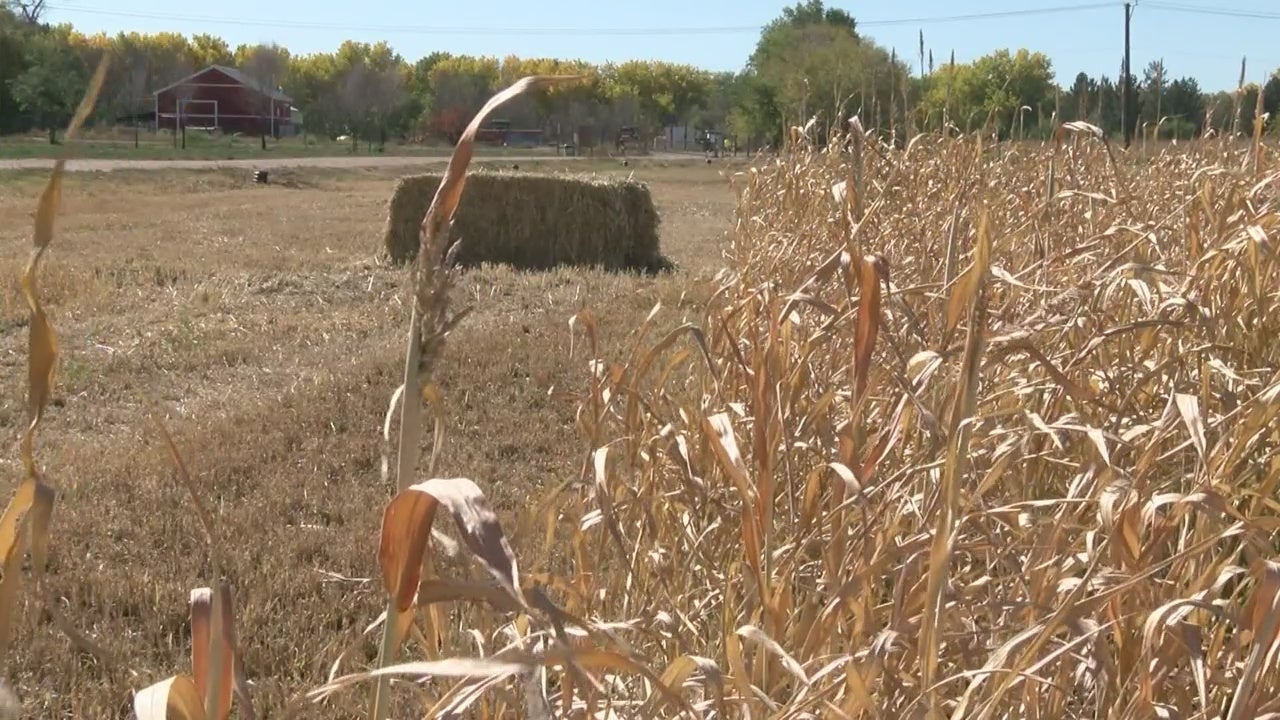American farmers face increasing epidemic of suicides
ALBUQUERQUE, N.M. (KRQE) — American farmers are committing suicide at an increasing rate and the rise is attributable to a number of factors including the unequal economy and insufficient healthcare.
According to The Centers for Disease Control and Prevention, farmers have the highest rate of suicide than any other occupational group.
In the farming industry, which includes the fields of fishing and forestry, the suicide rate is 84.5 for every 100,000 people which is over five times that of the population. This increase comes as the national overall rate of suicide has increased over the last 30 years.
While the CDC study looked at farmers over 17 states some major farming communities, such as the state of Iowa, were omitted. Additionally, the category also includes those workers in the related fields of forestry and fishing.
Other aspects of the CDC study mimic findings found in other studies. For example, suicides among those in rural areas have risen faster and are the highest. According to The Guardian, the 60,000 suicides of Indian farmers have been linked to climate change.
Farm advocates in America say this is not the first time such a crisis has impacted farmers.
“The farm crisis was so bad there was a terrible outbreak of suicide and depression,” said Jennifer Fahy, communications director with Farm Aid told CBS.
“We’re hearing from farmers on our hotline that farmer stress is extremely high,” Fahy said.
Insight into farming finances can also provide reasoning for the agricultural crisis. According to the U.S. Department of Agriculture, farm income has been dropping since 2013. An average farm’s income is expected to be 35 percent below its 2013 level for this year.
Additionally, farmers must cope with circumstances that are out of their hands. For example, extreme weather may compromise their crops which results in commodity prices that offer goods for less than it costs to produce them.
Alana Knudson, the co-director of the Walsh Center for Rural Health Analysis with the University of Chicago spoke to CBS to explain the severity of the problem.
“We’ve spoken to dairy farmers who are losing money on every pound of milk they sell,” said Knudson.
These prices are further subject to manipulation due to tariffs imposed on U.S. crops by trading partners. The Federal Reserves increasing interest rates will also put small farms at risk.
“A lot of our farmers take out operating loans so they can buy seed, fertilizer and spray,” said Knudson.
Healthcare, including mental health services, are hard to come by, specifically in rural areas. The House recently passed the farm bill which would allow health insurance to sell plans without coverage for mental health. The Senate version of the bill would set aside $20 million towards a program that matches farmers with behavioral health care services.
Such programs are becoming scarce as bills that were once created during the 1980s crisis have slowly been defunded. In Minnesota, a suicide hotline was closed resulting from a budget dispute.
“When there are steps in place to address the root cause, which is usually financial and legal the stress becomes manageable,” said Fahy.
